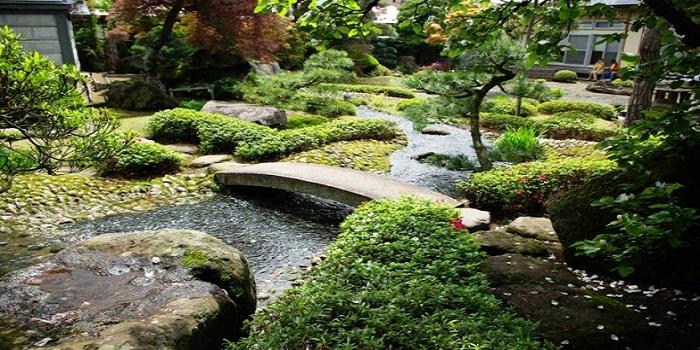Without proper care of your pond, you will need to pay to have your pond dredged in order to sufficiently remove the buildup of sludge, debris, and muck at the bottom of your pond. Dredging requires the use of a machine to remove this buildup. And it can be quite costly, especially if you have a larger pond or it has been years since you cleaned it.
You will need to dredge your pond if its depth has become too shallow to remain healthy. Over the years, algae can take over the pond which allows the muck to build. Eventually, you may only have a few feet of water left in your pond. The only way to regain the original depth is to dredge the pond. Another good indication you need to dredge is the horrible odor emanating from your pond. All life forms will have died, including fish and plants.
If it has been years since your pond has been cleaned and you suspect there is too much muck on the bottom to remove any other way, you will have to pay to have it dredged. There is simply no getting around it. Dredging is a very specific process that requires an expert contractor. More than likely you will need to get a permit before dredging can commence. You can contact your local city administration to learn about the legal requirements pertaining to dredging. You will need to have a disposal plan in place detailing how you plan to get rid of the muck from your pond.
To avoid this expense, it is better to practice good pond management techniques to keep your pond clean. Paying for pond management today costs less than having to dredge your pond in the future. This includes removing leaves and other debris from the surface of your pond. By removing weeds from the pond, you prevent them from ultimately becoming debris that can settle in your pond.
Another way to avoid dredging is to use a Pond Aeration System. Not only does your pond stay clean but its ecosystem remains healthy and balanced. And this will keep algae under control while breaking down debris so it does not become the muck you might see at the bottom of your pond. Without the muck, you have no reason to dredge your pond.
You might want to consider adding beneficial bacteria to your pond to fight the muck and algae. You want to be careful using algae-killing chemicals which can be particularly harmful to ponds and their ecosystems. Beneficial bacteria are safer and work naturally with your aeration system to remove the particles that allow algae to grow in the first place.
Other than the preventative steps described above, you may have limited options when it comes to dredging your pond. Even a small pond can cost several thousand dollars to dredge. You will have to pay for the dredging machinery as well as the operator not to mention the cost of disposal. Do not be surprised if a larger pond costs in excess of $15,000 to dredge.
